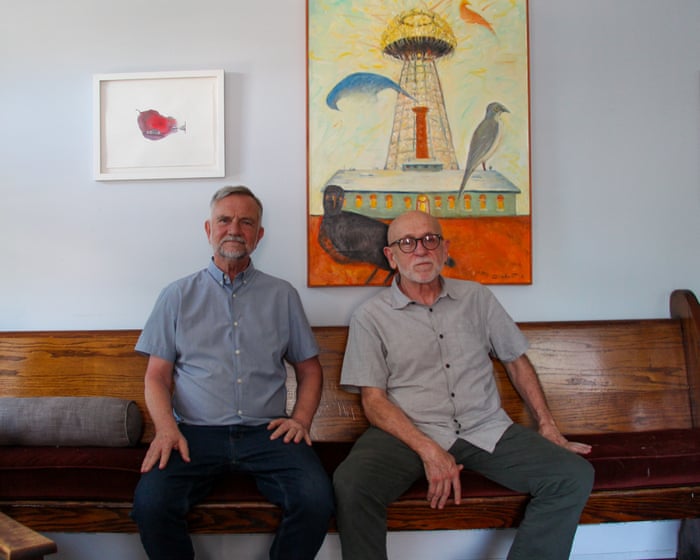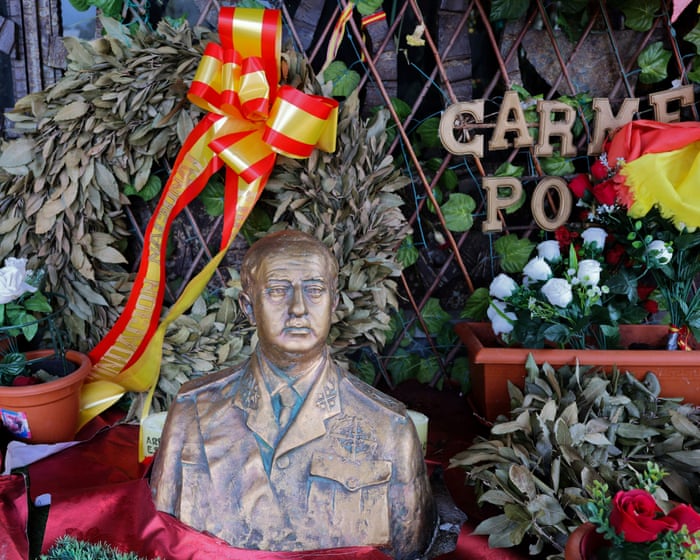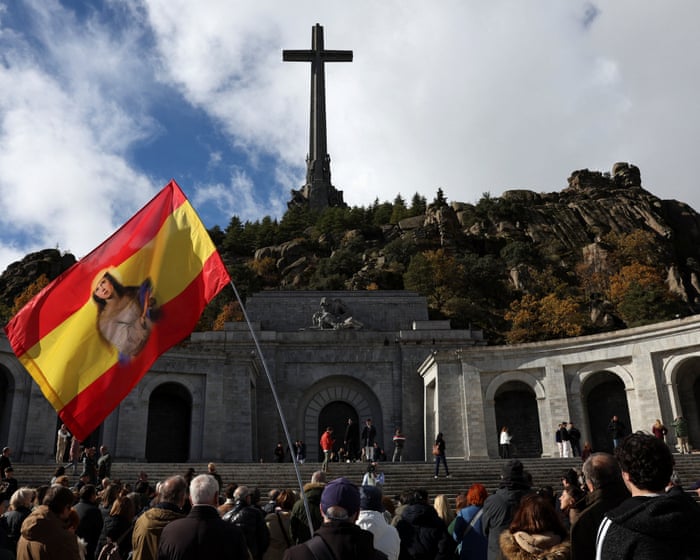Drug Kingpin Who Faked His Own Death and Fled Justice Runs Out of Luck
NegativeWorld Affairs

- Wilmer Chavarria, a notorious drug kingpin, was apprehended in Spain after evading justice for four years by faking his own death. His alleged drug operation continued from abroad, highlighting the challenges law enforcement faces in tracking down fugitives involved in organized crime. This arrest underscores the persistent efforts of authorities to dismantle drug trafficking networks and bring criminals to justice.
- Chavarria's arrest is significant as it demonstrates the effectiveness of international cooperation in law enforcement. It sends a clear message to other fugitives that attempts to escape justice, such as faking one's death, will ultimately fail. This development may also lead to further investigations into his drug operations and potential connections to larger trafficking networks.
— via World Pulse Now AI Editorial System


